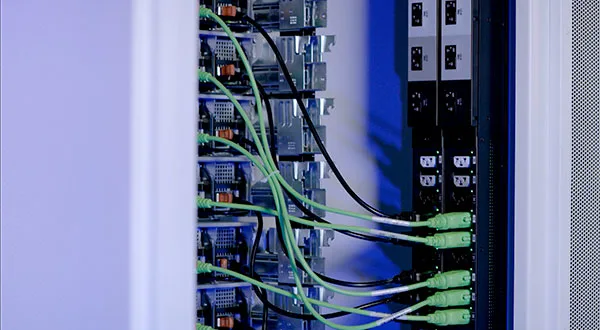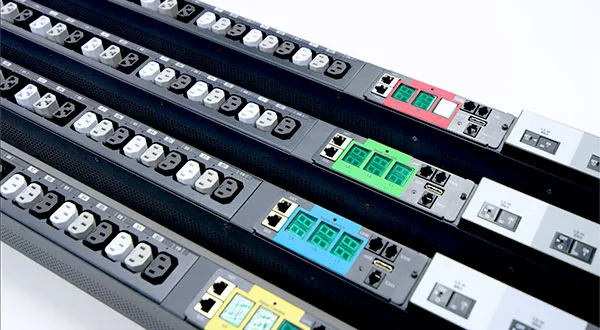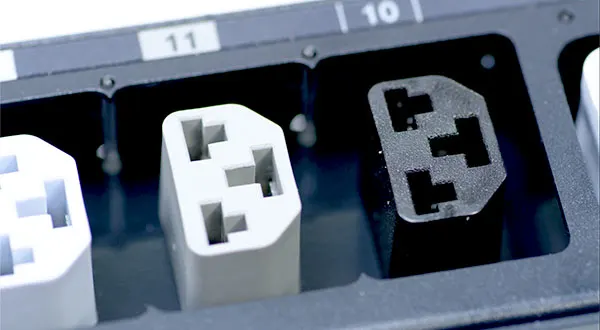What are cookies? Placed on your browser when you visit a website, a cookie is a small text file containing information about your browsing (pages views, date and time of the consultation…), whose main purpose is to enhance your visit and allow you to receive targeted services and messages. The most common cookies in use are persistent and session cookies. Persistent cookies may be linked to personal information while interacting with our website and remain on your browser for much longer periods of time (usually till they expire) or till you delete them. Session cookies are considered temporary as they remain on your browser until you leave the website you are visiting.
Types of Cookies in Use: Using cookies enables us to provide you with certain features and provides us with information regarding website visits. We measure the number of page views, the number of visits, the different actions performed by visitors on our site, the geolocation of our visitors and the number of times visitors return to our site. Here is a list of the types of cookies we use:
A visit to any page on the Server Technology website, blog, or any associate form, may generate the following types of cookies:
- Essential or Functional Cookies
- Site Analytics Cookies
- Site Interaction Cookies
- Behavioral Advertising Cookies
- Third Party Advertising Cookies
Essential or Functional Cookies: These cookies are essential to the website’s features and functions. Without these cookies, certain features like end user or partner portals as well as restricted file download capability could not function.
Site Analytics Cookies: Analytics Cookies allow us to improve our services by collecting information about your use of the website. We use these cookies to help improve how the website works or the content we deliver to you. For example, Analytics Cookies show us statistics, which are the most frequently visited pages on the Service, help us record any difficulties you have with the Service, and show us whether our advertising is effective or not. We can’t identify you personally using these cookies, but third parties who provide these cookies may be able to.
Site Interaction Cookies: Interaction cookies are set to remember your contact and form fill settings. Once a user files out a form, at an area on the site, your form fill preferences will be stored for your convenience of use in the future. This cookie enables you to quickly access and submit for any other pieces of content or requests to do business with us without having to individually fill out each form.
Behavioral Advertising Cookies: Behavioral Advertising Cookies are used to deliver relevant advertisements to users both on and off of our website. We analyze what pages you visit, products or services you view, and if view or click on ads that are shown to you. We may also use a cookie to learn whether someone who saw an ad later visited and took an action on our website. We use this information to send you interest-based ads. Similarly, use a cookie to determine whether we’ve shown an ad and how it performed, or provide us with information about how you interact with our ads.
Third Party Advertising Cookies: Some of the cookies on our website are operated by third parties, for example Facebook or LinkedIn. Some of these third parties (for example third-party advertisers) may use cookies to deliver our advertisements to you on other websites and platforms. Some of the cookies operated by third parties may be used for analytics purposes. We do not control these third parties or their use of cookies. This means it is not possible for us to manage these cookies. This Policy only covers the use of cookies by Server Technology a brand of Legrand and does not cover the use of cookies by any third party. Some of these third-party cookies are not session based and have varying expiry dates. Please check the websites of these third parties for details on how they use cookies.
Does this Policy Change? We may change this Cookie Policy at any time. Please see the latest update date the top of this page to determine when this Cookie Policy was last revised. Any changes in this Cookie Policy will become effective when we make the revised Cookie Policy available on Privacy Policy on our website.
Can I Change My Cookie Preferences? “Accept or reject cookies”
You can set your browser to store cookies in your terminal or reject them, either routinely, depending on where they originate from, or to inform you each time a cookie is stored in your terminal, so you can decide whether to accept or reject them.
However, deleting all cookies used by the browser, including those used by other applications or websites, may lead to some settings or information being altered or lost, making it difficult or even impossible to browse the website.
If you want to delete any cookies that are already on your computer or to stop cookies from automatically being accepted, you should refer to your browser instructions by clicking "Help" in your browser menu. More information on how to set up your cookie settings is available on this website: www.AboutCookies.org
If you would like to learn more about our privacy policy click the link applicable to your region below:





